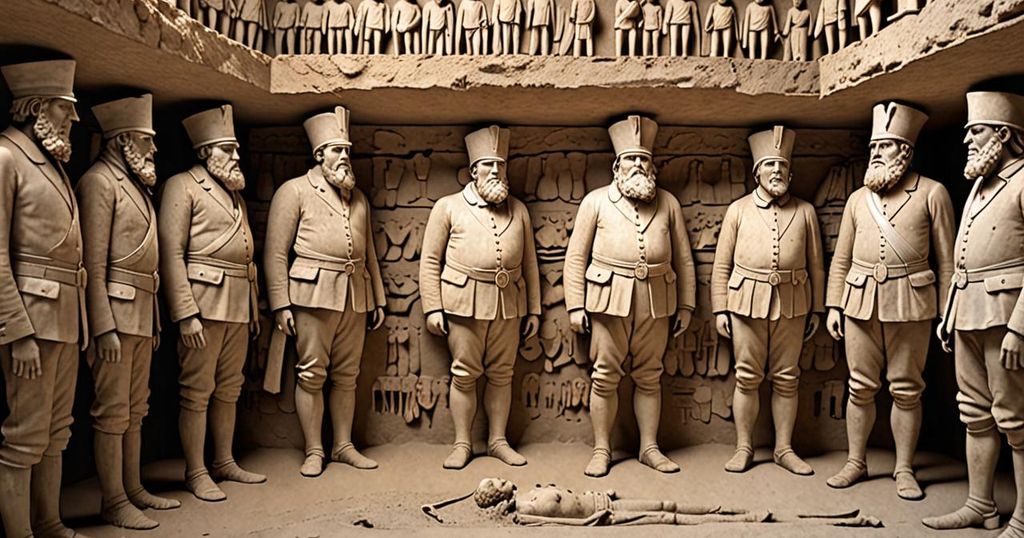In light of the 51st anniversary of the declaration of Martial Law, there has been a controversial memorandum from the Department of Education that has ignited discussions regarding the period of dictatorship experienced by the Philippines. The proposal sought to remove the name Marcos from “Diktadurang Marcos,” a move which has been met with criticism and opposition. This initiative has been seen as an attempt to revise history and erase important aspects of the nation’s past.
The way we name and refer to historical periods holds great significance. Periodization, or the division of the past into distinct parts, allows us to make sense of history. In the case of the period of Martial Law in the 1970s, it is crucial to designate it as the dictatorship of Ferdinand E. Marcos. By attaching the term “dictatorship” to the “dictator,” it serves as a reminder of the pivotal role played by Marcos Sr. during this tumultuous period in Philippine history.
The move to remove the name “Marcos” from the term “Diktadurang Marcos” has raised concerns about the potential disentanglement of the period of Martial Law from the Marcos family, which could dilute the accountability of Marcos Sr. in the reckoning of this period in our history. It is essential to uphold the historical truth and ensure that the next generation understands the significance of this period in demanding justice and accountability.
The politics of silences in history also play a significant role in shaping our understanding of the past. The presence and absences embodied in historical sources are not neutral or natural, but created. Silences in history can lead to the erasure of people and their experiences from historical records, which is a dangerous form of historical revisionism.
The discourse of “unity” continues to steer the politics of remembering the period of Martial Law away from discussing justice and accountability. It is essential to confront the inconvenient truths of our nation’s past, particularly if we are to demand justice and accountability for the atrocities committed during that period.
If the Marcos family is genuine in their desire to present a new leaf, they must confront the inconvenient truths of their family’s past and recognize the inextricable link between their history and the nation’s past. Confronting the judgment of history is crucial, and evading or enabling its erasure is not an option.
The efforts to revise history and erase inconvenient truths should not go unchallenged. It is imperative to uphold the integrity of historical narratives and ensure that the next generation is informed about the true events that have shaped our nation. Only by acknowledging the past can we move forward with a clear understanding of our history.

Leave a Reply